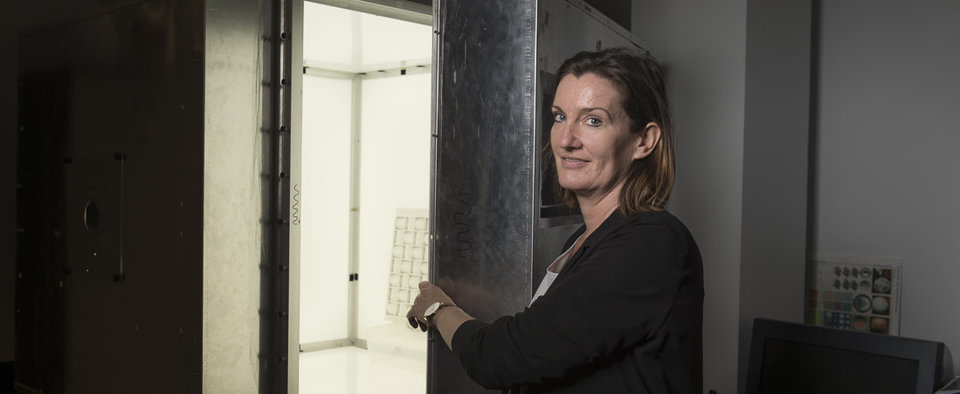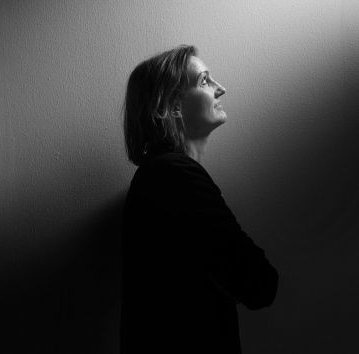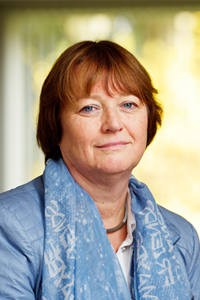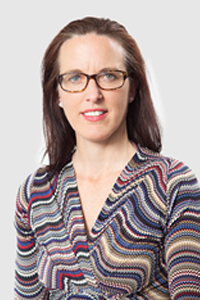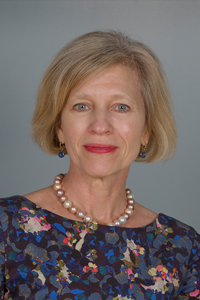In honour of the inauguration of Antoni van Leeuwenhoek (AvL) Professor Sylvia Pont on 31 March 2017, a symposium ‘Light in the eye of the beholder’ (in English) is organised prior to her inaugural lecture ‘Het licht zien – lighting design and perceptual intelligence’ (in Dutch).
Light makes us see. Perception-based lighting design optimizes what we see or how light, spaces, shapes and materials appear visually. In order to design scientifically informed perceptually intelligent light we need understanding of the optics and perception of natural light and its effects, design methods for light (not lamps), skills to implement lighting plans technologically, and creativity. Light(ing) design thus needs an interdisciplinary approach, combining design, physics, psychology, engineering, computer science and art. The three internationally acknowledged speakers of this symposium are important representatives of work in this area. They will present their work on light at TU Delft, bringing together science, technology and art in the tradition of the famous Delft masters of light Johannes Vermeer and Antoni van Leeuwenhoek.
Entrance is free, but registration is required.
Programme
| 10:00 | Welcome drinks and registration At faculty of Industrial Design Engineering, TU Delft | |
| 10:30 | Opening by Prof. Ena Voûte, dean faculty IDE | |
| 10:40 | Prof. Ingrid Heynderickx | |
| 11:15 | Prof. Anya Hurlbert | |
| 11:50 | Siegrid Siderius | |
| 12:20 | Closing by Prof. Sylvia Pont | |
| 12:30 | Networking lunch and exhibition | |
| 14:30 | Towards TU Delft Aula, Auditorium | |
| 15:00 | Inaugural lecture by Prof. Sylvia Pont | |
| 16:00 | Reception and exhibition |
Speakers
Prof. Ingrid Heynderickx
Dark adaptation in the real world
Dark adaptation of the human visual system has been studied for many decades. Related experiments though all focused on adaptation to a completely dark environment. The effect of remaining light sources in an otherwise dark environment on dark adaptation is hardly documented, while this knowledge is essential in various application contexts. The adaptation state of the human eye determines how much contrast is needed on a high dynamic range display, or whether a light source yields disability or discomfort glare. The presentation will discuss first results and models for dark adaptation to a spatially complex light distribution in the visual field.
Read more
Siegrid Siderius
Seeing Colours, Feeling the Light
Light shapes human behaviour, through both conscious perception and unconscious sensing of the environment. Variations in illumination spectra – the colour of light – are rife in the natural and man-made worlds, and are important signals for both the visual and non-visual systems. The human visual system must register such spectral variations in order to “discount” them and thereby see stable object colours, to recognise bananas as ripe yellow in twilight or bright sunshine. The non-visual system monitors changes in light spectra to set biological rhythms and moods. In this talk, I will explore these effects of light on seeing and feeling, and discuss how new lighting technology may be harnessed to influence human behaviour and performance in different environments.
Read more
Prof. Anya Hurlbert
The Power of Light
Everyone naturally accepts that the day is light and the night is dark. With 80% of sensory stimulance being registered through the eyes this comes as no surprise. Our perception is based on the availability or the lack of light. At IDE, Industrial Design Engineering, students are taught how to shape the physical world. Teaching the possibilities of light is the starting point for creating awareness of the power of light and how the design of lighting can guide and change our perception of the world.
Read more
Locations
The inaugural lecture of Sylvia Pont is held in the TU Delft Aula. The symposium beforewards is held in faculty of Industrial Design Engineering. Both are within 2 minutes walking distance form each other.
Symposium
Faculty of Industrial Design Engineering
Central Hall
Landbergstraat 15
Delft
Inaugural Lecture
TU Delft Aula Conference Centre
Auditorium
Mekelweg 5
Delft

